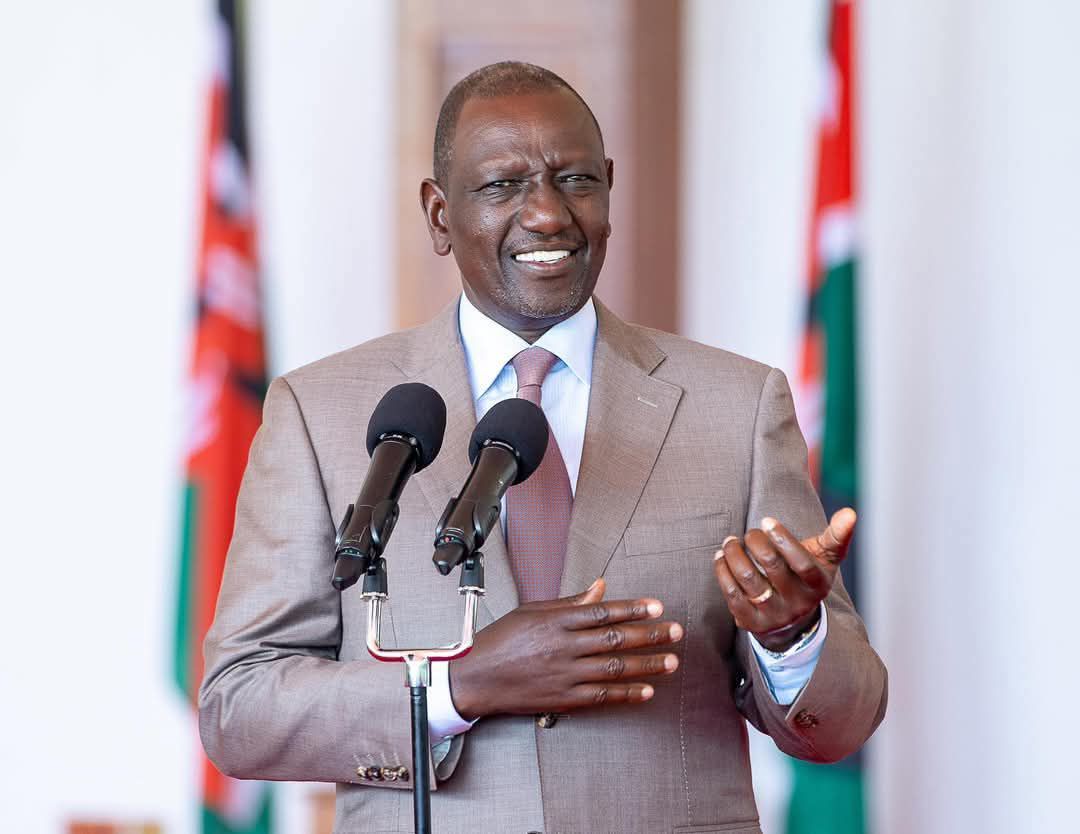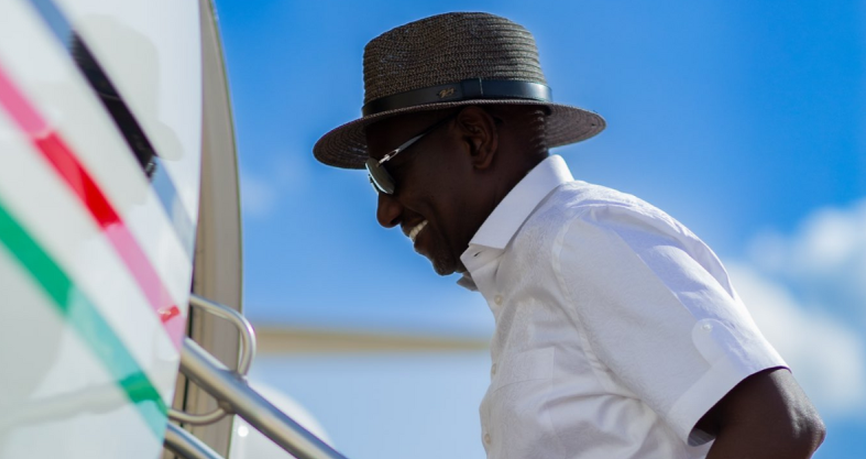The Sudanese government has officially confirmed the total suspension of imports from Kenya, including tea, following a March 11, 2025 decree issued by its Ministry of Trade and Supply. The Sudanese Embassy in Nairobi released a statement reaffirming the ban and dismissing reports suggesting otherwise.
Contradiction over Kenyan tea exports
This announcement contradicts President William Ruto’s recent remarks. Speaking during a joint media interview on Monday evening, President Ruto assured Kenyans that despite Sudan’s trade restrictions, the country continues to export tea to Sudan.
“By the way, we are selling tea to Sudan, even after they said they are not buying our tea. The market itself has forced them. We sell tea today to Sudan, so there is no issue about selling tea, and that is why we are making money in the tea sector,” said Ruto.
He suggested that Sudan remains dependent on Kenyan tea, which has kept trade active despite the announced suspension.
Sudan’s Stand on the Trade Ban
In response, the Sudanese Embassy in Nairobi reiterated that the trade ban is fully in effect, emphasizing that no Kenyan products have entered Sudan since the decision took effect.
“Sudan remains firmly committed to upholding this trade policy as part of its sovereign economic and diplomatic considerations,” the embassy stated.
Why Sudan banned Kenyan imports
The Ministry of Trade and Supply’s decree aligns with a Sudanese Cabinet resolution, reportedly aimed at penalizing Kenya for facilitating Rapid Support Forces (RSF) activities. This decision has further strained diplomatic relations between the two nations.
Citing national security concerns, Sudan justified the ban as a protective measure to safeguard its sovereignty.
Impact of Sudan’s conflict on trade
The ongoing power struggle in Sudan between the RSF and the national army has led to thousands of casualties and widespread displacement since April 2023. The army controls Eastern and Northern Sudan, while the RSF dominates the West and South.
Kenya’s decision to host RSF leaders has intensified tensions, raising questions about Nairobi’s foreign policy stance. Given Kenya’s history as a mediator in regional conflicts, this move has fueled diplomatic concerns.
Economic ramifications for Kenya
Kenyan tea exports to Sudan have historically played a crucial role in bilateral trade. Sudan has been one of the largest markets for Kenyan tea, making the ban a significant economic setback for the sector.
Despite enforcing the trade suspension, Sudan’s embassy emphasized the country’s dedication to regional cooperation and constructive dialogue, stating that Sudan remains guided by the principles of mutual respect and non-interference.
ALSO READ: RSF, allies sign deal to form unity government in Sudan











